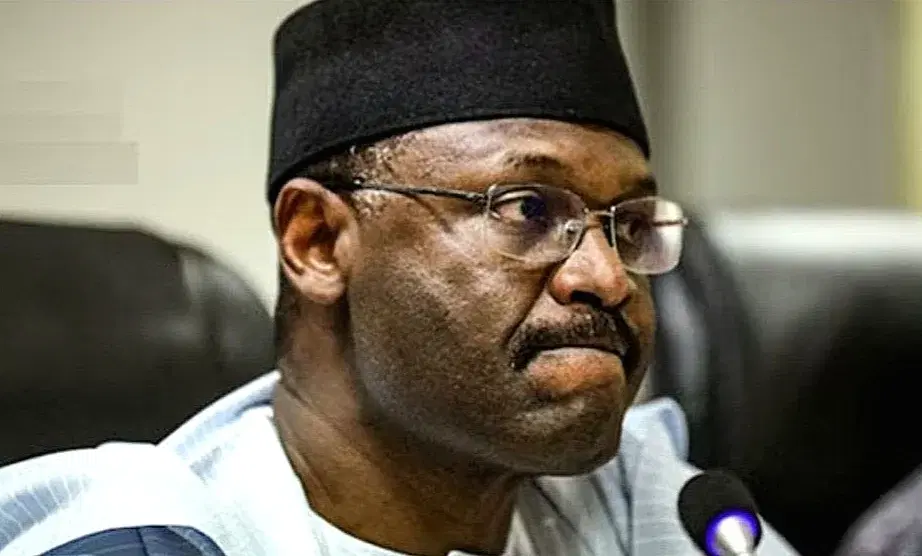By Omeiza Ajayi
Abuja: The Independent National Electoral Commission (INEC) has admitted that the decade, 2015 to 2025, was marred by relentless crises that threatened the credibility of Nigeria’s electoral process, despite reforms and innovations introduced during the period.
In its new publication, Election Management in Nigeria: 2015–2025, immediate past INEC Chairman, Professor Mahmood Yakubu, in the foreword, painted a sobering picture of how recurring setbacks – from pre-election litigations and conflicting court rulings to violent attacks on INEC facilities and personnel – consistently undermined the smooth conduct of polls.
Yakubu noted that the commission was dragged into thousands of court cases, often receiving contradictory orders from courts of concurrent jurisdiction. These, he said, created legal confusion and disrupted preparations for elections.
He also cited the menace of vote trading, persistent logistical breakdowns that forced nationwide postponements, and targeted violence against election officials as some of the most destabilising problems.
“The 2015–2025 decade was not without its challenges. Conflicting court orders, violence targeted at our staff and facilities, the scourge of vote trading, and persistent logistics bottlenecks continued to test the credibility and smooth conduct of elections,” said Yakubu.
Beyond human and legal hurdles, technical failures also dogged INEC’s operations. Equipment breakdowns and network collapses sometimes crippled accreditation and delayed transmission of results, raising public doubts about the reliability of the system.
While the commission introduced reforms such as deploying the Bi-Modal Voter Accreditation System (BVAS), the INEC Voter Enrolment Device (IVED), and the INEC Results Viewing (IReV) portal, Yakubu acknowledged that technology alone could not insulate elections from deeply rooted challenges.
He said INEC was also compelled to intensify voter education, collaborate more closely with security agencies, and expand inclusivity measures for vulnerable groups.
Yakubu warned that the future of election management in Nigeria remains fraught with uncertainties, stressing that it is only by confronting these persistent failures head-on, while consolidating gains from reforms, that INEC can hope to deliver credible elections.
He said: “The commission must fully embrace both successes and failures. We must intensify confidence and trust-building measures, expand inclusivity, and remain proactive in addressing potential threats to our elections.”
The 200-page book, illustrated with photographs and infographics, offers an unflinching account of how Nigeria’s elections in the past decade were repeatedly shaken by systemic flaws and crises that refuse to go away.
It details several improvements, especially in the use of technology to support elections, noting that elections cannot be technology-driven but can only be supported by technology.
The post How litigations, violence, logistics failures haunted INEC for a decade – Yakubu appeared first on Vanguard News.

